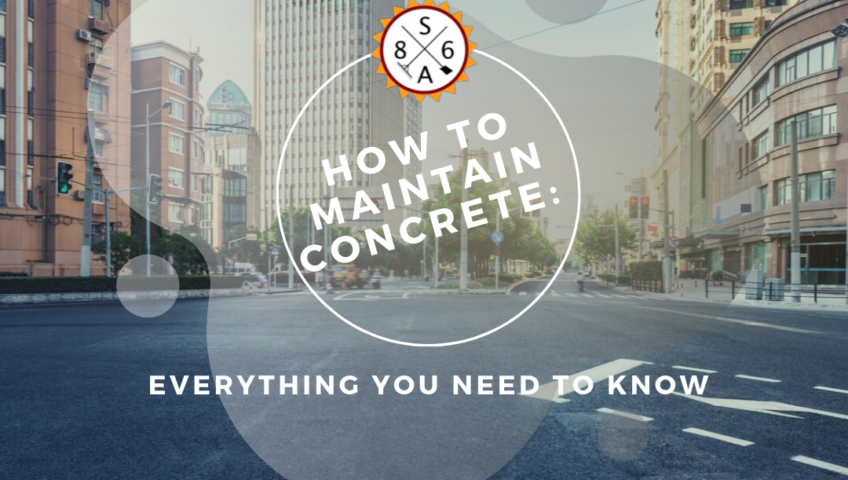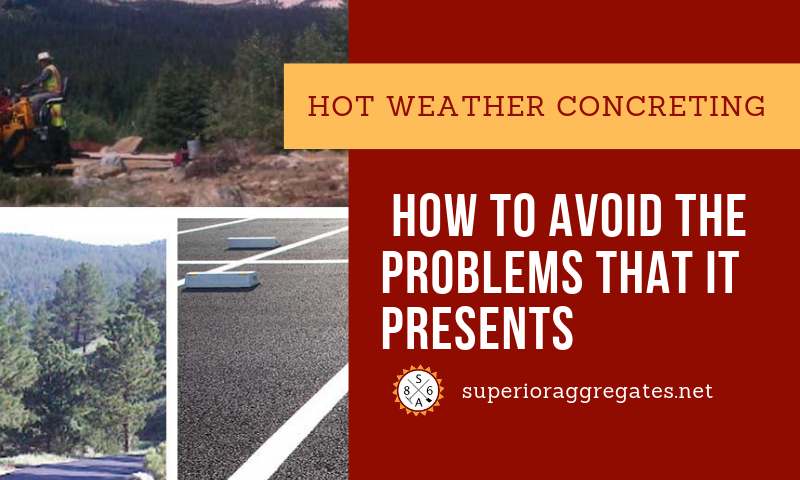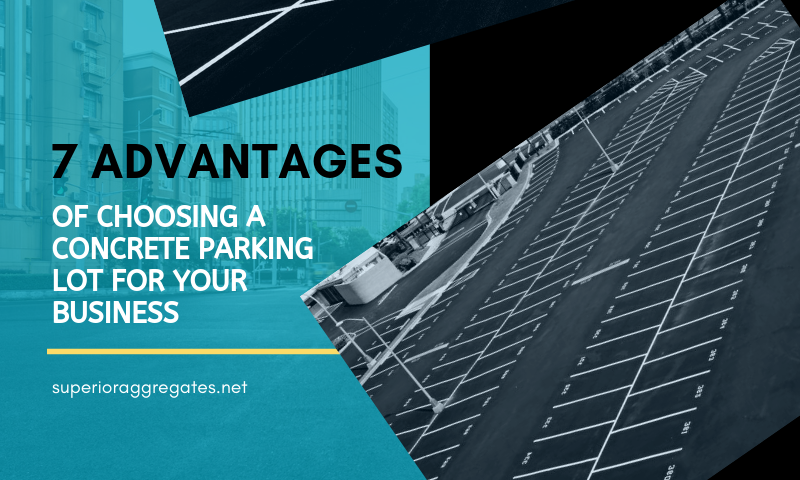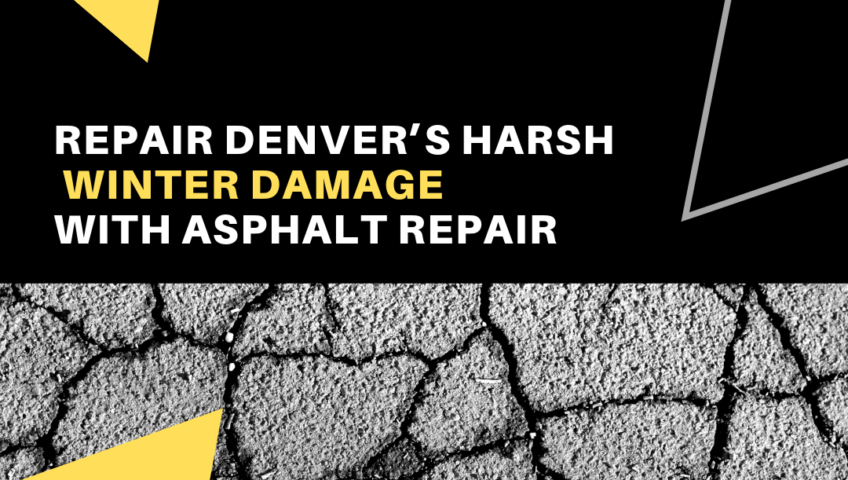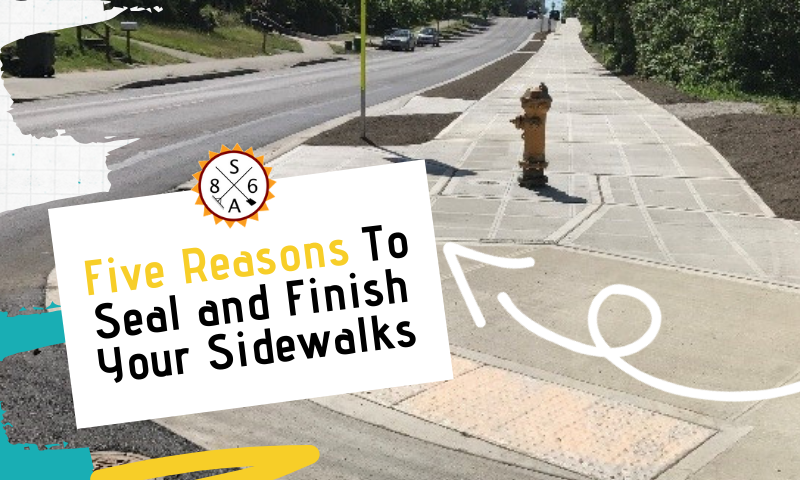
Five Reasons To Seal and Finish Your Sidewalks
We usually think of wood and plastic when it comes to frequently used materials in the world. However, concrete is quickly becoming one of the most popular items used, especially for sidewalks found everywhere. For businesses, protecting their investment is a priority. When it comes to sidewalks, it’s essential to finish and seal them to get the most extended lifespan possible. Here are a few reasons why you need to consider concrete sealing.
Stops Mold Growth
Concrete is a porous substance, which creates the likelihood of mold formation. Excess moisture will build-up without protecting your sidewalks. Even smaller cracks can be the culprit of mold growth that could turn your property into an unsightly green color. Keeping your sidewalks sealed will prevent cracking that eventually lead to mold overtaking your entire sidewalk. You want extra moisture out? Get it sealed.
Durability
In most areas of the United States, extreme weather is not uncommon. High or low temperatures and various kinds of precipitation can take a beating to your sidewalk. Again, cracking can become an issue as well as compromising its overall structure. Concrete sealing provides an answer for the sustainability of your sidewalks for years to come! Taking this extra step can eliminate additional maintenance and unnecessary expenses. In any region you live in, you’ll feel confident that concrete sealing is your answer for the protection you need.
Longer Lifespan
Could there be a better reason than longer lifespan as a reason why you should consider concrete sealing? Concrete already has a better than average lifespan, but it is still susceptible to cracking, mold formation, and losing its luster. Damage to concrete is usually created because of an excess of moisture or water penetration. Applying a sealer to your sidewalk essentially makes it waterproof, meaning you’ll reap the benefits of a functional sidewalk for decades.
Aesthetically Appealing
Unfortunately, concrete can become discolored when it is exposed to extreme weather. The result can make sidewalks look lifeless, old, and unappealing to anyone who sees it. It’s often said that you don’t get a second chance to make a great first impression. The same statement holds water when you are the owner of any property. When you have a business, first impressions are critical to the long-term success of your operation. You want potential customers to feel good about what they see. When you choose concrete sealing, any additional water, sunlight, or mold will be far less likely to get down deep inside your sidewalk. A beautiful exterior for years to come awaits!
Lifelong Insurance!
Concrete sealing will make your sidewalks unable from being stained. It’s almost impossible for spills to happen along any sidewalk, but you won’t have to worry about damage or any fading that could occur. Concrete sealing is meant to serve as a permanent solution to eliminate any possible breakdown in the structure.
Sealing and finishing your concrete will involve a small investment, but the long term benefits will undoubtedly put money in your pocket. When you want a long-lasting solution for your sidewalks, there are tremendous benefits when it comes to concrete sealing. Concrete is an essential substance in the world of construction, but it also needs to be appropriately maintained. Consider these reasons before you decide to forgo on this necessary task.
We usually think of wood and plastic when it comes to frequently used materials in the world. However, concrete is quickly becoming one of the most popular items used, especially for sidewalks found everywhere. For businesses, protecting their investment is a priority. When it comes to sidewalks, it’s essential to finish and seal them to get the most extended lifespan possible. Here are a few reasons why you need to consider concrete sealing.
Stops Mold Growth
Concrete is a porous substance, which creates the likelihood of mold formation. Excess moisture will build-up without protecting your sidewalks. Even smaller cracks can be the culprit of mold growth that could turn your property into an unsightly green color. Keeping your sidewalks sealed will prevent cracking that eventually lead to mold overtaking your entire sidewalk. You want extra moisture out? Get it sealed.
Durability
In most areas of the United States, extreme weather is not uncommon. High or low temperatures and various kinds of precipitation can take a beating to your sidewalk. Again, cracking can become an issue as well as compromising its overall structure. Concrete sealing provides an answer for the sustainability of your sidewalks for years to come! Taking this extra step can eliminate additional maintenance and unnecessary expenses. In any region you live in, you’ll feel confident that concrete sealing is your answer for the protection you need.
Longer Lifespan
Could there be a better reason than longer lifespan as a reason why you should consider concrete sealing? Concrete already has a better than average lifespan, but it is still susceptible to cracking, mold formation, and losing its luster. Damage to concrete is usually created because of an excess of moisture or water penetration. Applying a sealer to your sidewalk essentially makes it waterproof, meaning you’ll reap the benefits of a functional sidewalk for decades.
Aesthetically Appealing
Unfortunately, concrete can become discolored when it is exposed to extreme weather. The result can make sidewalks look lifeless, old, and unappealing to anyone who sees it. It’s often said that you don’t get a second chance to make a great first impression. The same statement holds water when you are the owner of any property. When you have a business, first impressions are critical to the long-term success of your operation. You want potential customers to feel good about what they see. When you choose concrete sealing, any additional water, sunlight, or mold will be far less likely to get down deep inside your sidewalk. A beautiful exterior for years to come awaits!
Lifelong Insurance!
Concrete sealing will make your sidewalks unable from being stained. It’s almost impossible for spills to happen along any sidewalk, but you won’t have to worry about damage or any fading that could occur. Concrete sealing is meant to serve as a permanent solution to eliminate any possible breakdown in the structure.
Sealing and finishing your concrete will involve a small investment, but the long term benefits will undoubtedly put money in your pocket. When you want a long-lasting solution for your sidewalks, there are tremendous benefits when it comes to concrete sealing. Concrete is an essential substance in the world of construction, but it also needs to be appropriately maintained. Consider these reasons before you decide to forgo on this necessary task.

